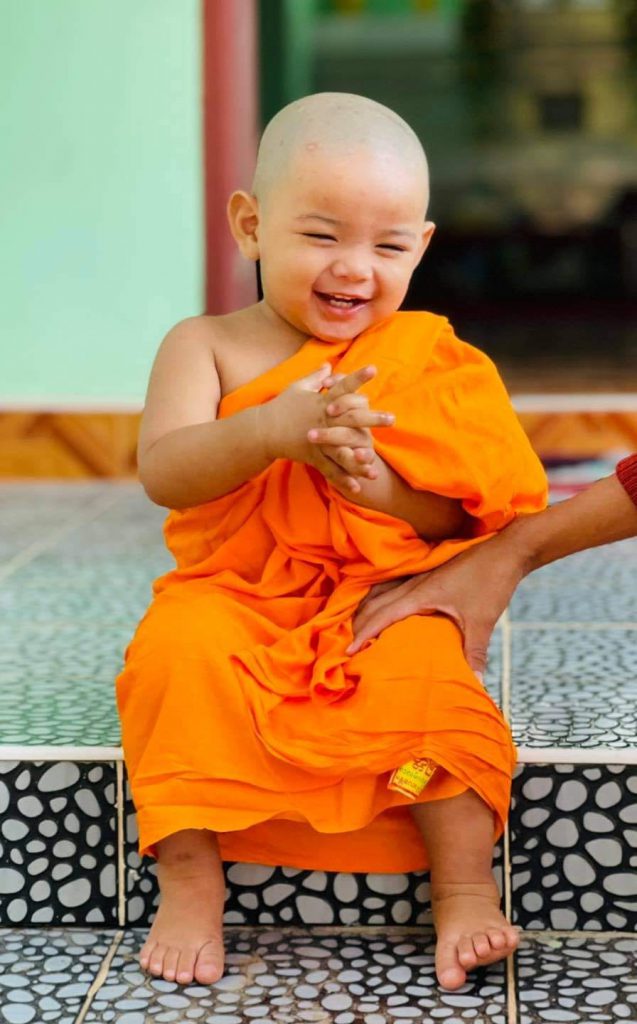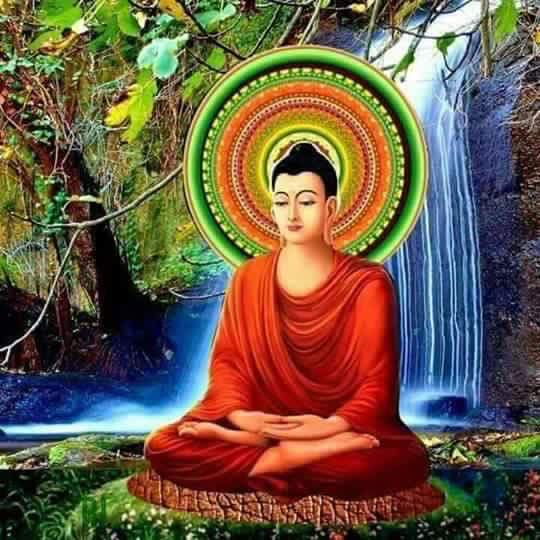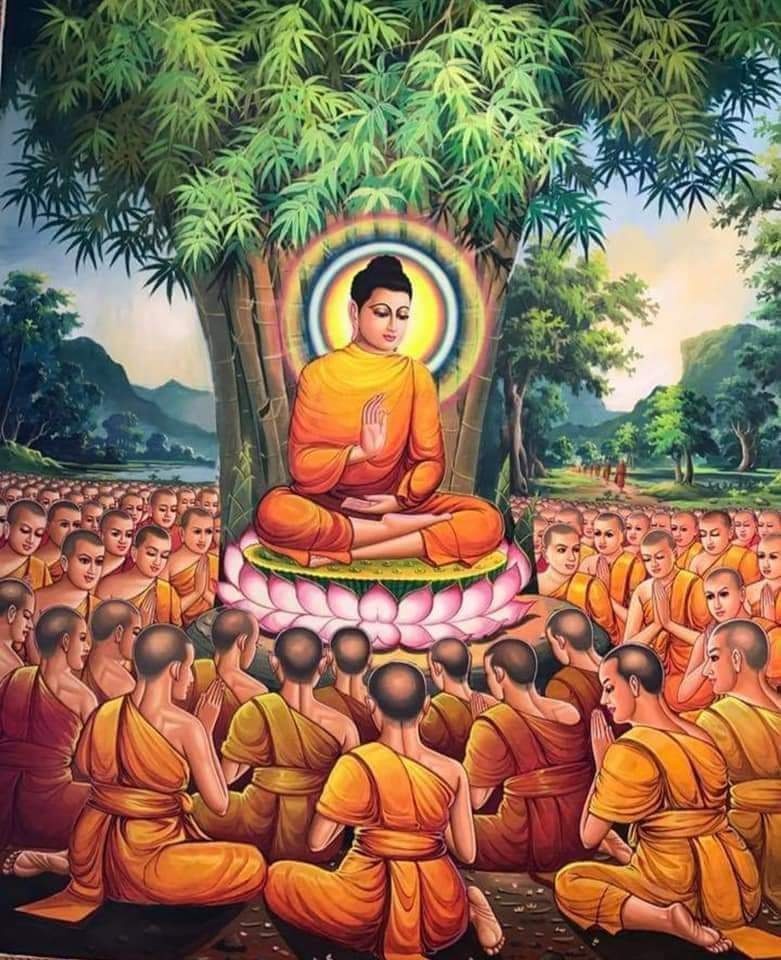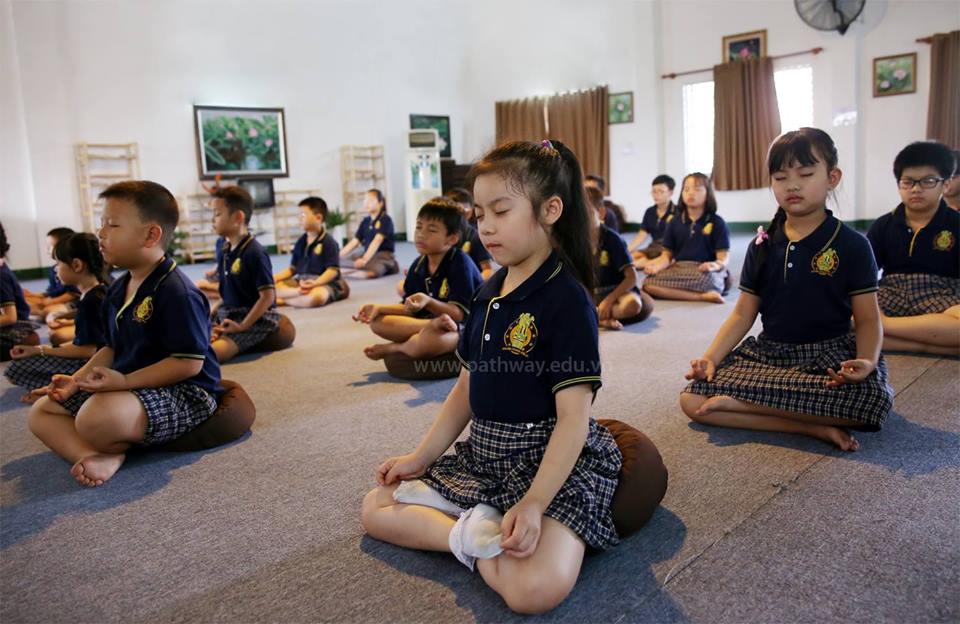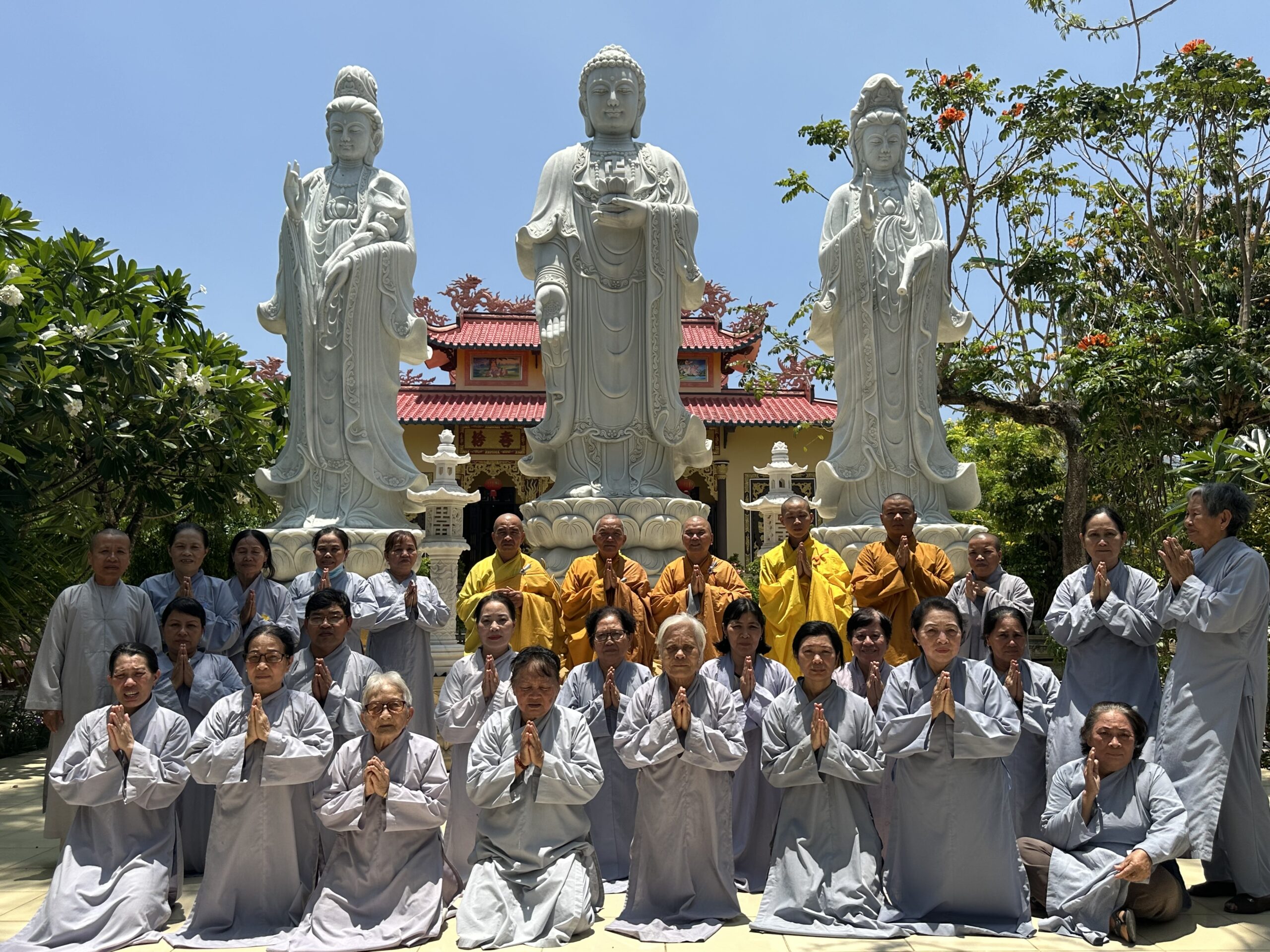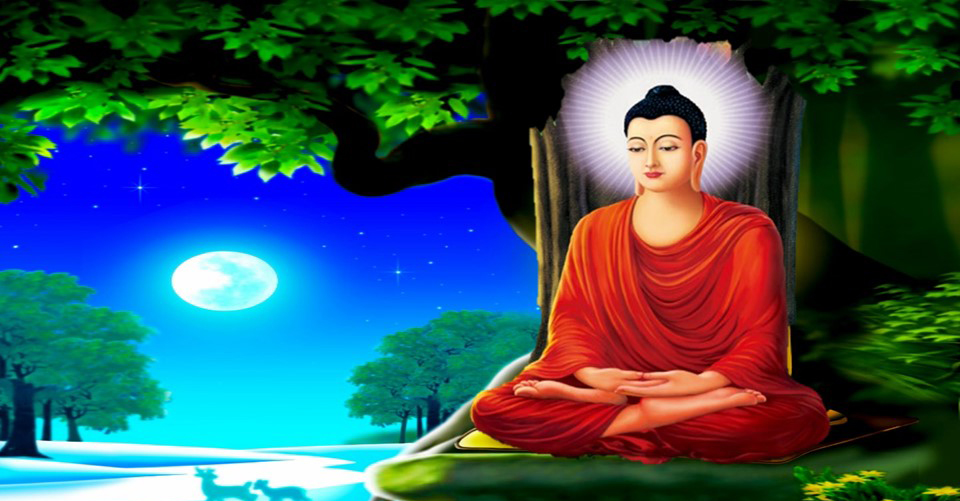.
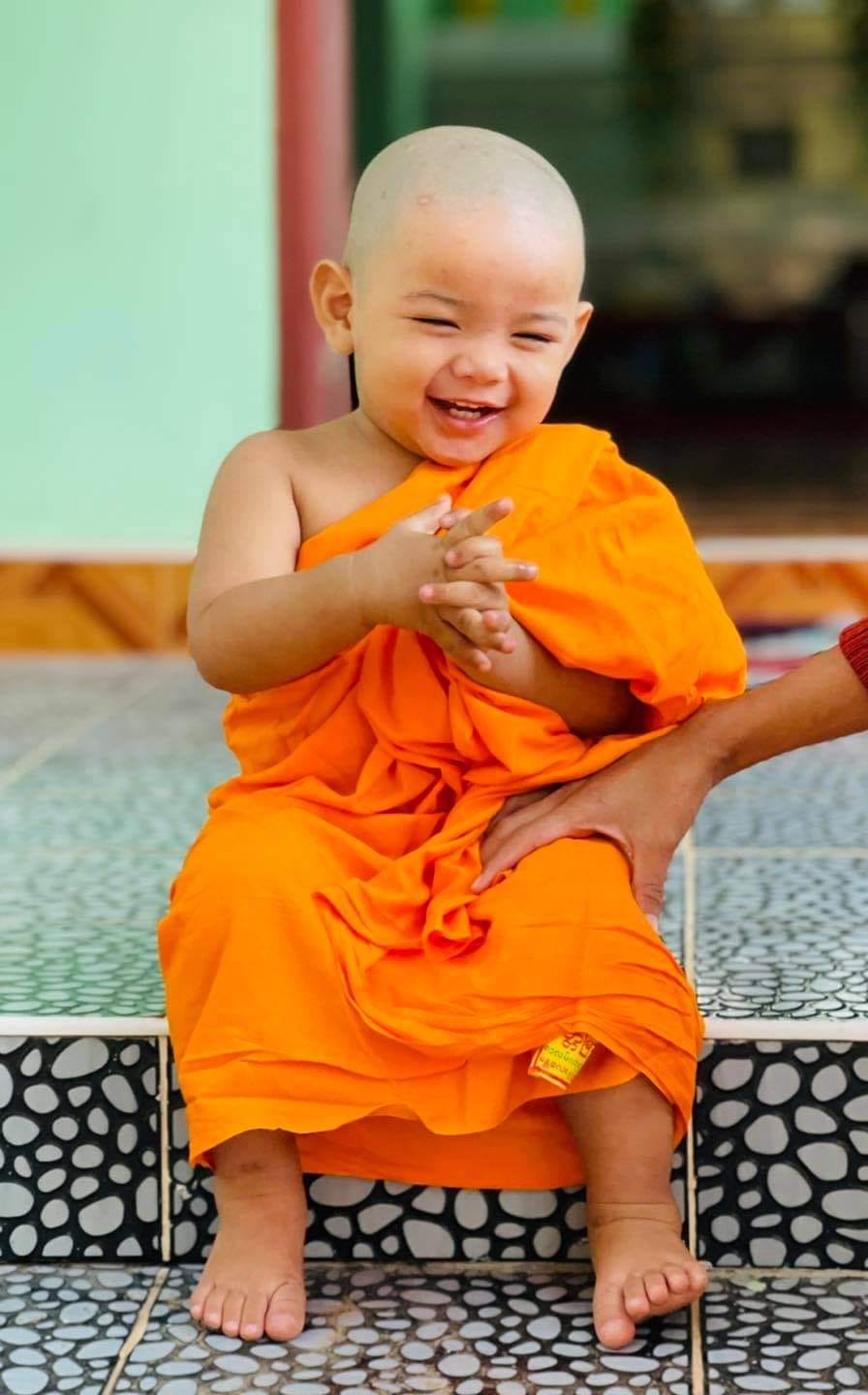
.
Smile is the best medicine in the world,
so always keep smiling.
To hear the Dhamma at the right time.
Everyone who has experienced a word of teaching that touched the heart at just the right moment knows what a precious gift this can be.
Let’s discuss on Mudita.
Mudita means appreciative joy at the success and good fortune of others. Evaluation of achievement is a precursor to mudita, and appreciation a component of mudita. Seeing the good in others and learning to recognize and admire what good there is, is what mudita tacitly implies. Laughter and exhilaration are not characteristics of mudita. Mudita is joy and appreciation flowing quietly out of the core of one’s heart towards others like the waters from a spring flowing outwards from the bowels of the earth. Spontaneous and sincere participation in another’s glorious hour is possible only when the quality of mudita is developed to its fullest.
Genuine joy in the prosperity of others is indeed a rare quality. The virtue of mudita may be best noticed at work in the joy of parents over the success of their offspring, and in the genuine ecstasy of teachers over the success of their pupils, particularly in the latter situation when the threat of the younger eclipsing the older is always imminent. While it is easy to practice mudita within the narrow circle of one’s family and friends, to identify oneself with the joys and triumphs of outsiders requires deliberate effort. Yet the capacity for doing so is rooted in man’s nature. Smiling faces of adults make children respond readily with their own smiles. This potential in the child should be nurtured and activated by parents and educationists. For the seed of mudita planted early in a child will grow and blossom and bear fruit in his adolescence and in his adult life. To some extent, man is a product of his environment — with this in mind, adults, parents, teachers and wardens who handle children should be of a cheerful disposition and an appreciative nature.
If a child lives with criticism,
He learns to condemn;
If a child lives with hostility,
He learns to fight;
If a child lives with ridicule,
He learns to be shy;
If a child lives with jealousy,
He learns to feel guilty;
If a child lives with tolerance,
He learns to be patient;
If a child lives with encouragement,
He learns confidence;
If a child lives with praise,
He learns to appreciate;
If a child lives with fairness,
He learns justice;
If a child lives with security;
He learns to have faith;
If a child lives with approval,
He learns to like himself;
If a child lives with acceptance and friendship,
He learns to find love in the world.
Latent in man are both noble characteristics as well as vicious tendencies. It is strange that the vices latent in man seem almost natural and spontaneous, whereas the dormant virtues have to be brought to the surface with great effort. As one advances in years, activating and developing the potential of mudita becomes more and more difficult — though not impossible. Seeds will not take root in hard and crusty soil. One has to loosen and soften the soil if one expects shoots from seeds. In children the heart is tender and seeds planted therein will take root early and grow fast. So the best time to activate and develop the positive and saintly tendencies which lie dormant in every human being is during the tender years. When a child receives praise and approbation, he will naturally learn to give it to others for he knows the joy of recognition and appreciation.
Envy and jealousy are the chief opponents of mudita, or appreciative joy. These noxious qualities arise partly out of a lack of confidence in one’s achievements and one’s capacity to achieve. Dislike, boredom — nuances of the Pali term arati — may be considered as enemies of mudita. The opposite sterling virtues which can vanquish these enemies are loving-kindness, metta, and compassion, karuna. Mudita is placed third in the listing of the Brahma Viharas, for mudita is the natural outcome of the two preceding benign mental states. Metta and karuna are the forces that urge one to alleviate the sufferings of others with purely altruistic motives, expecting nothing in return — not even gratitude. What matters to the Buddhist is the little bit of joy he has brought to another’s heart by relieving him of even a little bit of sorrow, of suffering. Little do people realize how a kind word, a warm smile, a loving touch can act as a balm to a sorrow-laden heart. We can now see how mudita becomes a natural result of metta and karuna.
Too often people are much more ready to sympathize with the misfortunes of others than to rejoice with them in their good fortune. Where is a definition of a friend: “What are friends? Are they not dear sweet people who abuse you behind your back and take an inward deep pleasure in hearing of your faults and misfortunes?” We have to take ourselves to task whenever we recognize these psychological perversities within us, and with great effort try to eradicate these unwholesome tendencies which seem to be deep-rooted.
We have to be honest with ourselves and look within. Whenever traces of envy or jealousy enter our hearts, we should recognize the emotion as one which is unwholesome. We should also make an effort not to let it take hold of us. Let us ask this question: Why are we envious? Because someone possesses something we do not. Why do we not have that which we want, that which would give us joy? The answer lies in our own kamma. In the light of the Buddha Dhamma no one is to blame but ourselves. The greatest sorrow for a woman is the inability to bear a child. Why accumulate more bad kamma by envying those who have children? Unwholesome states of mind such as hatred and anger are said to be the causes of infertility. So why promote such a state in a future birth too by continuing that evil train of thought? This line of thinking, of arguing, needs very great effort. It is not easy. That is why the Buddha praised effort, viriya, as a noble virtue. “If it were not possible to do good I would not tell you to,” said the Buddha. This mode of thinking helps to eradicate delusion — moha. The source of all unwholesome kamma is ignorance of moha. When the vail of moha is lifted, one sees clearly that craving is the source of all sorrows. Craving gives rise to jealousy, envy, covetousness, avarice, greed — all enemies of mudita.
Let the fertile woman not look down upon her less fortunate sister who is denied the great joy of motherhood. Let not the one endowed with beauty scorn her plain-looking sister. Let not the wealthy insult the poor. After all, we must remember that this earthly existence is but a short sojourn in our journey through Samsara. The Buddha says there is no one on earth who has not in a previous existence been a mother, a father, a sister, a brother, a child to us. So let us suffuse the whole world with metta, with karuna and with mudita. This is why the Brahma Viharas are described as appamanna — illimitables (all embracing). They are so-called because they find no barrier or limit. They embrace all living beings.
Jealousy can poison a man’s system, mar his character, and ruin his social relationships. And what is life but a series of relationships? It is only in death that we are alone. Today jealousy and greed for power have poisoned the mind of the world. We now witness jealousy on a global scale. We are destroying each other and our home — the earth. The situation at the present is so very grave that we can no longer talk of individuals or groups or nations. We have to speak for Earth. Carl Sagan, the eminent astronomer, exasperated by the wanton destruction of our beautiful little planet and its resources asks, “Who speaks for Earth?” The practice of mudita never seemed to be as important as in the present day. The forces of evil seem to have been unleashed in full measure in human hearts the world over.
Advances in science and technology have been of immense value to man’s material progress and development, but the negative by-products of this progress are truly frightening. Destruction of natural resources, pollution, unhealthy rivalry and dangerous competition have reached such colossal proportions that life on earth is threatened. Discoveries and inventions in the fields of science and technology should be for a better and more comfortable life. But now many of those discoveries’ are a threat to life itself. It is indeed depressing that the irony of this situation is not considered with sufficient concern. The ills of the world are insidiously increasing so that there is a growing sense of cosmic gloom and defeatism.
Man’s predicament as perceived by the modern poet, is embodied in the following words:
When will men again
Lift irresistible fists
Not bend from ends
But each man lift men
Nearer again.
Many men mean
Well: but tall walls
Impede, their hands bleed and
They fall, their seed the
Seed of the fallen.
See here the fallen
Stooping over stones, over their
Own bones, but all
Stooping doom beaten.
Whom the noonday wishes
Whole, whom the heavens compel,
And to whom pass immaculate messages,
When will men again
Lift irresistible fists
Impede impediments
Leap Mountains, Laugh at Walls?
Looking on, dejected and dispirited, is not the solution. We have to struggle to save ourselves and our planet. This is why institutions like the United Nations Assembly exist. Though satisfactory results may not always be forthcoming, the fact that while a section is destroying, inventing weapons of hate, another section of mankind is arguing, demonstrating, petitioning for peace. As long as such forces opposing evil are in existence, there is hope. This means that there is still sympathy and love in men’s hearts for their fellow beings. So we must be hopeful. Conflict is eternal; conflict is natural. Conflict helps us to rediscover lost values. We must not see only hatred in conflict. Conflict is the natural prerequisite of a satisfactory solution.
A section of the world today is enveloped by the thick veil of delusion. Hence their inability to see the truth. Failure to perceive the Truth is delusion. So it is with persistent effort and enduring patience that those who wish to be noble and serviceable must sublimate themselves and serve humanity, both by example and by precept. The cultivation of mudita and the practice of this virtue can relieve humanity of the suffering it has brought upon itself. Those with right understanding must by personal example work out salvation for themselves and for their fellow beings.
Diligent practice of mudita will make a person more amenable, flexible, and understanding. He will learn to live outside himself. He will experience a new kind of happiness, the joy of sharing. This virtue will elevate him to eradicate the cankers of jealousy and egoistic craving; “We” and “ours” will be substituted for “me and “mine.” Wholesome camaraderie will build up, and he will gradually embrace the whole world with loving-kindness — sabbe satta bhavantu sukhitatta. The ego will gradually disintegrate, and he will gain insight into anatta, the Buddha’s central doctrine. The fetters of attachment to self will break first, and with it all other fetters of attachment, which will lead him gradually toward renunciation.
The Buddha advocates the sharing not only of material resources, but of spiritual resources as well. The transferring of merit to our dear departed ones is a truly beautiful sharing. Our loved ones who are no more with us physically feel such a sense of joy in the thought that they are not forgotten; the joy that accrues to them by our enlightened acts is anumodana.
Mankind is on the eve of a nuclear war. Sure and certain destruction will be the fate of the human race if war breaks out. Now is the hour to muster benign forces within the human heart on a global scale. The virtues of metta, karuna, mudita and upekkha must be practiced to combat the degrading forces of greed and hatred which cause dangerous divisions. Once the sparks of divinity in men’s hearts are released, all divisions of creed, colour, religion and race will recede into insignificance. Then only one creed will be in evidence: the creed of humanity. So let us activate, cultivate, and develop the sublime qualities — Brahma Viharas. These powers hidden within the human heart are yet untapped, yet it is through these powers that humanity can be saved. This seems to be the way — the only way out of the present entanglement.
The inner tangle and the outer tangle —
This generation is entangled in a tangle.
And so I ask Gotama this question:
Who succeeds in disentangling this tangle?
The answer of the enlightened One given centuries ago embodies the solution to the present tangle. It is, in fact, the answer to every generation — past, present, future. “He who succeeds,” says the Buddha, “in disentangling this tangle, is the wise man, established well in virtue, who has developed consciousness and understanding.”
***
To hear the Dhamma at the right time.
Everyone who has experienced a word of teaching that touched the heart at just the right moment knows what a precious gift this can be.
Sadhu sadhu sadhu
.
Facebook Comments Box


